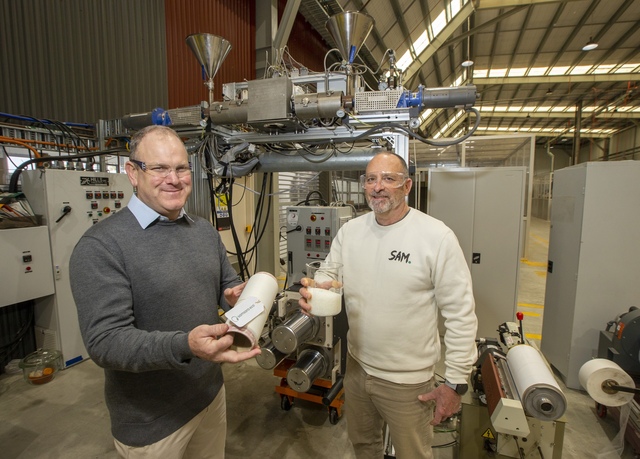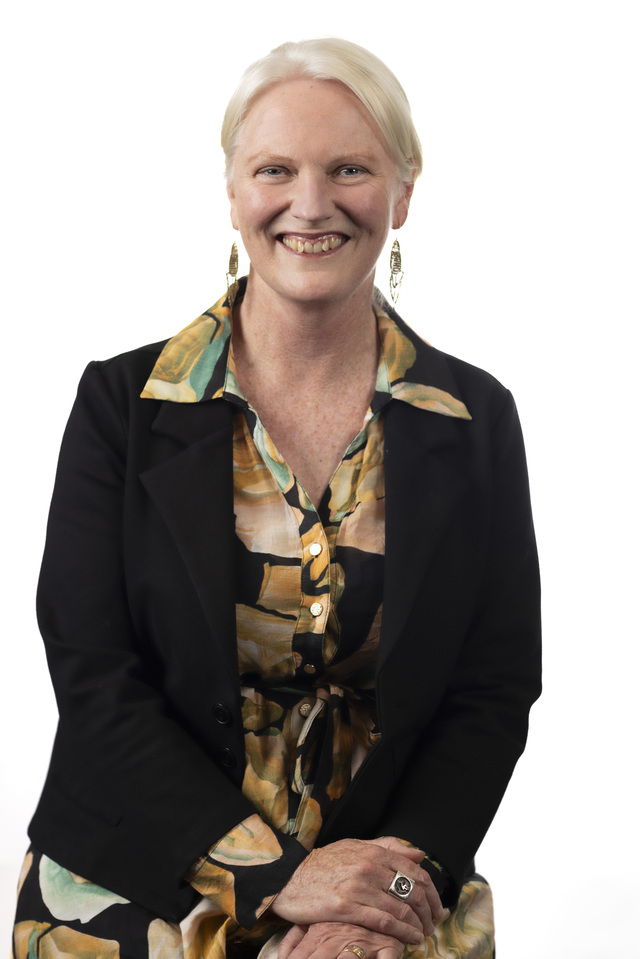Deakin University is partnering with Samsara Eco to find sustainable solutions for previously unrecyclable plastics and textiles.
The enviro-tech company is tapping into the university’s Recycling and Clean Energy Commercialisation Hub (REACH) to accelerate development of world-first technology to recycle and reuse synthetic fibres.
With textile waste one of the biggest global environmental issues, Deakin chair of biotechnology Professor Colin Barrow said the partnership could lead to the production of high-performance recycled materials from “all types of waste”.
“Our research tackles a critical challenge in textile recycling; understanding how dyes, textile finishes, coatings and other chemical treatments affect the breakdown and rebuilding of synthetic fibres, including other types of polyester and nylon to repurpose into new products,” he said.
“We are exploring solutions by analysing these contaminants and determining their impact on textile recycling processes.”
Deakin Associate Professor Chris Hurren said the research could revolutionise the sector, delivering significant environmental and economic benefits.
‘We’re working to unlock a scalable, circular future for fashion – one that reduces reliance on harmful inputs and keeps textiles out of landfill,” he said.
Samsara Eco has a 10-year contract with activewear brand lululemon to provide recycled materials for 20 per cent of its fibre portfolio.
Founder and chief executive Paul Riley said the company was “laser-focused” on finding a solution for all plastics.
“We’ve already come a long way with our enzymatic recycling technology, which can infinitely recycle PET and nylon 6,6 plastics used for clothing and other textiles, including mixed fibres and plastics,” he said.
“Our research collaboration with Deakin will support our efforts to recycle more waste at speed, scale and with precision.”









